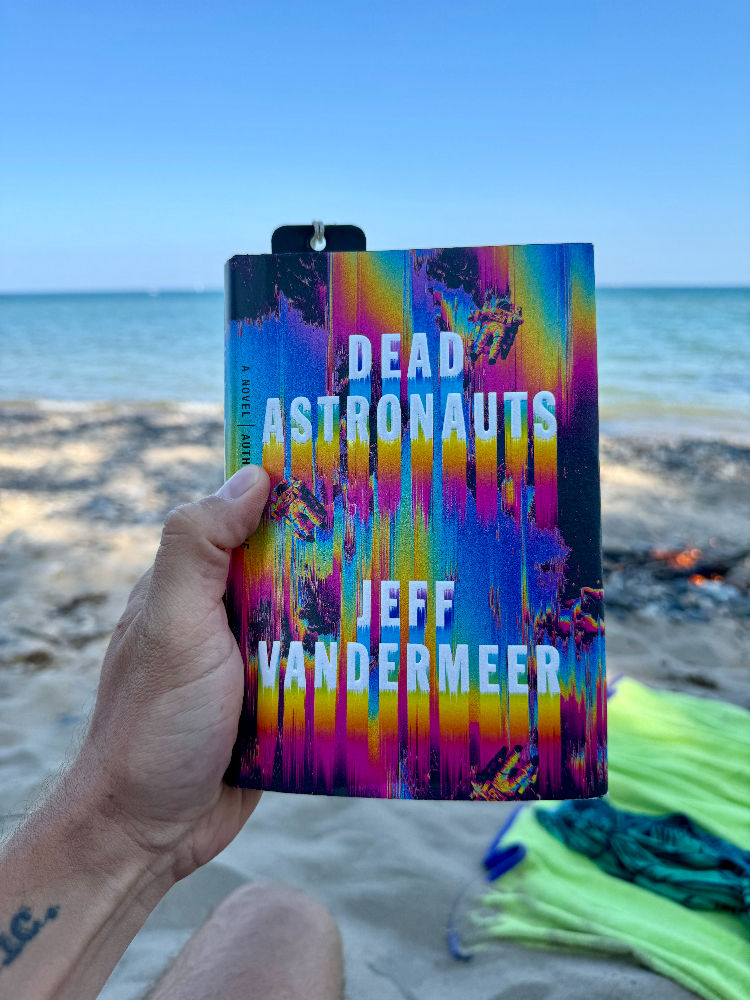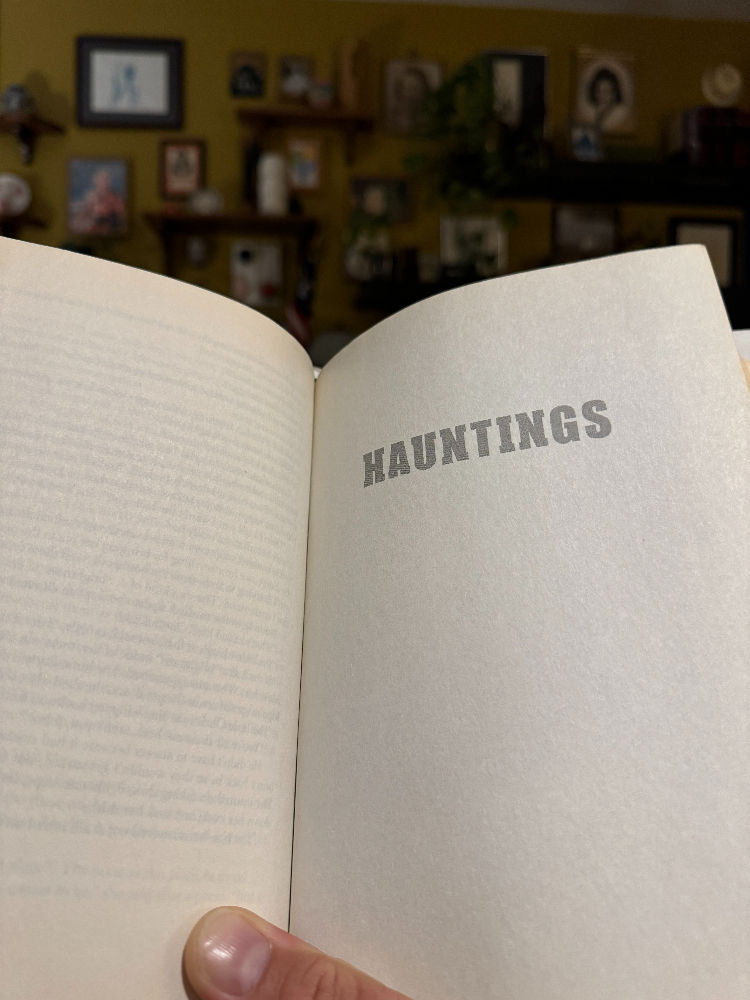Getting to know "the weird Thoreau"
- Matthew Piper
- Dec 1, 2024
- 2 min read
Updated: Nov 19, 2025

2024 is the year I plunged into the so-called "new weird" fiction of Jeff VanderMeer, which resounds, clear and urgent, through the muffling fog of the present. His concerns are our concerns: the ruin of the Earth, civic and social disintegration, our growing desensitization to disaster. The lingering end (or so it often seems) of the Anthropocene. The need, under these circumstances, not only to survive, but to be transformed. To love and be loved.

The narrative vehicles VanderMeer builds to convey his themes are the stuff of fantastic dreams. There's the enormous flying bear that terrorizes a wasted city. The zone of mysterious origin that catalyzes genetic change in all who enter it. The blue fox engineered to travel naked through spacetime. The person who becomes animate moss; the bioengineered weapon that becomes a person. And so on. (I haven't read the detective story about the fungus people yet.)

Some years ago, The New Yorker called VanderMeer "the weird Thoreau," and it stuck, but that's so incomplete to me. He's a weird Virginia Woolf too, all gorgeous impressionistic strokes and breathless experimental leaps, and a modern-day Ovid, with his poetries of violence and metamorphosis. He doesn't exactly write sci-fi, but he walks a path laid out by great sci-fi writers of previous generations—I see glimpses of Ray Bradbury in his plainspoken elegance, Ursula K. Le Guin in his generosity of spirit, and Stanislaw Lem in his principled resistance to the idea that everything can be known—at the same time his books crackle like compulsively readable old Stephen King paperbacks.

But VanderMeer's voice—restrained, vivid, incantatory—is his own. He creates his rich worlds by gesture and intimation, not labored description. He resists the temptation to explain it all, leaving many mysteries satisfyingly intact. He has his pet motifs—tidal pools, leviathans, strange birds and more—which recur like familiar signposts across otherwise unrelated territories. At the sentence level, he thrills. ("It turns cold, like autumn nights used to be, the chill finally reaching you. The landscape having a dream of the past.")

The nowness of his books is exhilarating, but so is their periodically old-fashioned syntax, which resists being fashionable or contemporary-cute. ("There came a muffled whimpering and screaming, a howling, a roaring, a blustering of mighty jaws.") An evidently white hetero cis male author, his protagonists are notably "other" (POC, big women, queer folks), gently but notably inviting a diverse readership to feel at home in his stories.

For whatever reasons, I have a tendency to look backward in my reading, finding myself happily immersed in worlds made by long or lately-dead authors. VanderMeer's books have popped that bubble, and I'm glad about it. I didn't know I needed a novelist working today to help me process the deep emotions associated with world events unfolding around us (of which we are each, necessarily and irreducibly, a part). But it turns out I do. I think that's at the crux of the fortifying love I feel for the Jeff VanderMeer books I've read so far: their extraordinary ability to evoke, echo, and name, not the facts of our arduous historical moment, but the feelings of it, in that way that only fiction, with its strange, surging intimacies, can do.


